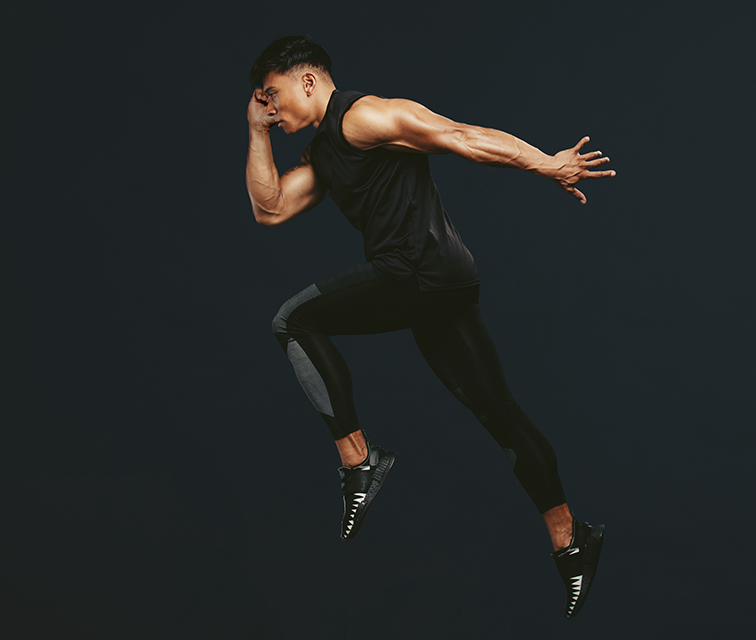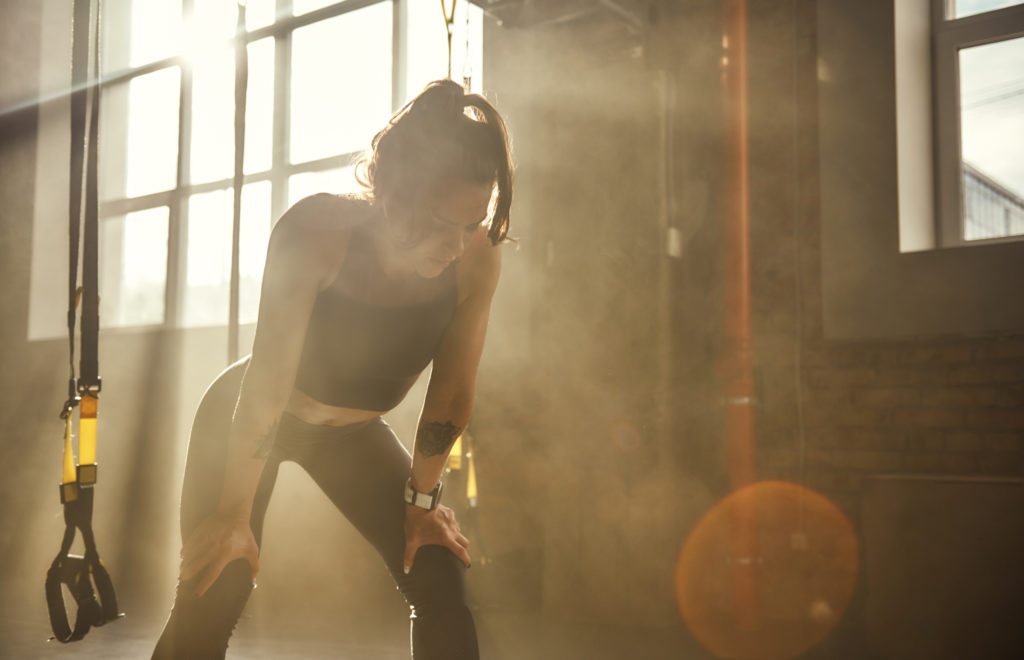Category: Imagery
Imagery CATEGORY ARTICLES
The Power Five: Performance Mindset
We all want to find ways to increase our mental game to compete our best on game day. And while we can’t always control outcomes, we can control how we prepare and what tools we use to get in the right mind space before and during competition. Finding that sweet spot requires a performance mindset. What is a Performance Mindset? A performance mindset is a way of seeing performance as a collection of small, controllable steps and skills, and prioritizing those which are necessary to succeed. Think of a performance mindset like putting gas in your car the night before a long drive. The task of filling up the tank […]
Read MoreThe Use of Healing Imagery and Pain Management Imagery in Injured Athletes
Unfortunately, injuries are part of being an athlete and will likely affect the majority of those who participate in organized sports. Sometimes, enduring an injury can sideline you for a few days. Other times, it can take you away from the game for months or even a full season. When athletes are cleared, they are physiologically cleared, meaning they are allowed to go back to full contact and no restrictions because the injury is healed. On the other hand, psychologically speaking, the athlete may not be ready to return. Athletes are typically eager to get back into their sport after an injury. However, when they are finally able to participate […]
Read MoreJust Imagine: You Can Improve Your Mental Toughness
You’re in the lead, heart pounding, racing forward through the pain toward the finish. In the last moments, you see your competition come up next to you. Do you have what it takes to win? More often than we might think, the difference between first and second, between winning and losing, between making the cutoff time or just barely missing it, is in our minds. In those last few seconds, did you truly give all that you had? Did you use every single ounce of energy that your body could produce, or were you unable to tap into that last tiny bit? Could you have pushed just the slightest bit […]
Read MorePreparing for Playoffs
With high school fall seasons coming to an end in Minnesota, and across the country, playoff season has just begun. As a high school athlete, you may be prepared physically because you have been training all season, but how much have you prepared mentally? Playoff games can feel much different than regular season games because they have more riding on them; for example, the chance to go to the state tournament. They are typically more intense and require everyone to be on top of their game. In a study done by the University of Montreal, sport psychologists worked with a professional hockey team to help them prepare for the playoff […]
Read MoreHow Do You Prepare For Rio? Imagery!
The Olympic games are a competition like no other–a stage that only a select few will ever get to compete on, but millions will watch from near and far. A level of honor, excitement, and pressure that is simply incomparable. Not only are you representing yourself, your family, and your team, but also your entire country. Sure these athletes have competed on plying fields at national or even world competitions, but the Olympic games are certainly unique in their own right. So how do you prepare for Rio? How do you prepare to compete your very best in the largest competition of your life? Train hard for countless hours. Eat, […]
Read More5 Sport Psychology Skills Every Coach Should Know
Leadership One of the most important skills that a coach can develop is personal leadership. As a coach, you are put into a role that deems a significant amount of guidance and responsibility. Athletes will observe all your positive attributes, but also your downfalls. Developing a set of leadership skills that will help athletes improve both in sport and in personal endeavors is crucial. “Make no doubt about it, athletes not only need effective leadership, they also desire it. Young people want consistent parameters, direction, order structure, organization and discipline. They need it whether they know it or not. It gives them security, and that, in turn, helps them to […]
Read More



